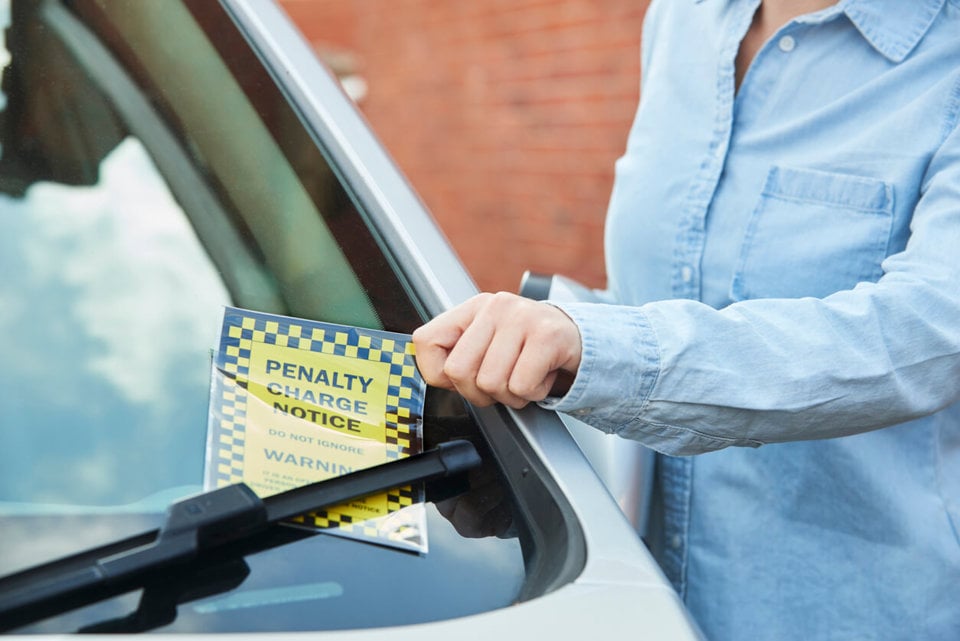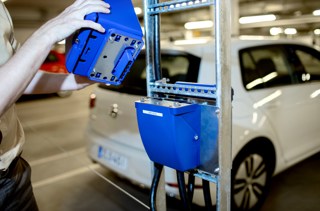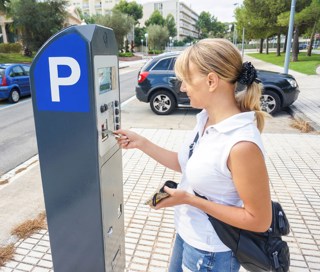Fleets are being urged to proactively manage parking infringements after it was reported that English councils made a record £819 million from their parking operations in the past financial year.
The figure for 2016-17 is 10% higher than the £744m for the previous financial year and is 40% higher than the £587m in 2012-13. It is also £37m more than councils had forecast for 2016-17.
The findings come from analysis for the RAC Foundation by transport consultant David Leibling of the official returns that councils make annually to the Department for Communities and Local Government.
It comes after separate research, also from the RAC Foundation, showed councils dish out a parking charge every four seconds, on average, in the UK, with some eight million tickets issued annually.
Meanwhile, FN50 data reveals that the number of parking charges handed by the UK’s biggest leasing companies increased year-on-year by almost 50,000 to top 254,000. The average charge also increased, by more than £5 to £45.
However, fleets should not simply accept all parking charges. Kelly Communications employs specialised staff to deal with its parking infringements and has successfully cancelled tickets worth £2.7m since 2011, when it set up the dedicated resource.
This year alone, the company has avoided paying £277,000 in parking charges incurred by its 1,800-strong fleet, with 63% of tickets overturned. Kelly, which pays some £10,000 per week on pay and display tickets, has a dedicated line for drivers to call, so it can be informed of any penalties at the earliest opportunity.
Parking manager Terry Moore explained: “We want to get them at the discounted rate so if we cannot appeal it, we’re at least not paying the higher rate. However, drivers can also call the designated number if they simply want advice on where’s best to park and their options.”
Moore says fleets need to support their drivers. “Give drivers the information they need and the necessary back-up,” he said.
The RAC Foundation research shows that in 2016-17, the 353 local authorities in England had a total income from on- and off-street parking activities of £1.5 billion – up 6% year-on-year. This comprised both parking charges (fees and permits) and penalty income.
At the same time, the councils spent £763m on running their parking operations – up 2%.
The difference between income and expenditure – £819m – is the surplus or ‘profit’ available to be spent on transport locally. Although most councils made a surplus on their parking activities, 46 (13%) reported negative numbers.
The largest surpluses were seen in London with the 33 London boroughs making £379m between them – 46% of the English total.
Westminster topped the table at £73.2m, up 31% on the previous year. Kensington and Chelsea came second with £32.2m (down 6%) and Camden with £26.8m (up 6%).
The biggest profits outside of London were reported by Brighton & Hove (£21.2m), and Milton Keynes and Birmingham (£11.1m each).
Cllr Martin Tett, Local Government Association transport spokesman said: “Income raised through on-street parking charges is spent on running parking services and any surplus is only spent on essential transport projects, such as tackling our national £12bn roads repair backlog and creating new parking spaces.”






















Login to comment
Comments
No comments have been made yet.